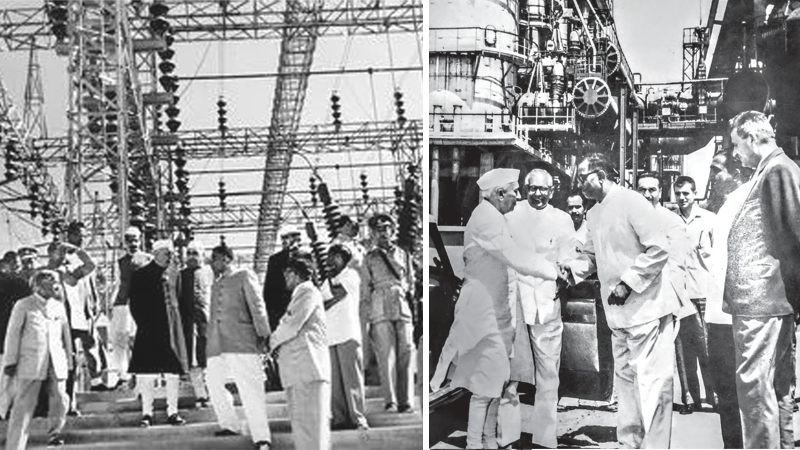Counting Castes, Counting Controversies: Supreme Court, the Census and the OBC Question
Editorial
When Anger Overrules Allegiance to the Constitution
The shoe flung at Chief Justice B.R. Gavai was not merely an object—it was a symptom.
A symptom of a republic where anger has begun to masquerade as righteousness, and where institutions once revered as sacred are now targets of misplaced fury.
The incident in the Supreme Court on October 6 is not about a single lawyer’s rage; it is about a national temper that has grown brittle under the weight of polarization. What was once the temple of justice became, for a brief and shameful moment, a stage for ideological aggression. That the attack was justified in the name of Sanatan Dharma only deepens the irony—for no true faith sanctions contempt for justice or civility.
India’s judiciary has stood for decades as the last refuge of reason, the one space where truth was not shouted down but reasoned out. Yet today, religious passions, caste prejudices, and digital misinformation are intruding into that sanctum. The attack on the Chief Justice must therefore be seen not only as a breach of security but as a breach of faith—in the collective moral restraint that sustains democracy.
The caste dimension makes this assault even more chilling. That the second Dalit Chief Justice of India should face such humiliation, under the garb of religious outrage, reflects a disturbing undercurrent of social arrogance that still seeks to discipline dignity by insult. It is a reminder that India’s unfinished social revolution is not about laws alone, but about mindsets yet to evolve.
And then there is the new theatre of distortion—social media, where every statement is stripped of nuance and inflamed into outrage. The outrage that began online found its final act in the courtroom, proving how swiftly a false narrative can travel from the virtual world into the physical seat of justice.
Yet amid this spectacle of disrespect, the Chief Justice’s calm was the only act of true defiance. His refusal to retaliate, his quiet composure, and his insistence on continuing proceedings symbolized the dignity that power must wear when provoked by passion.
The incident, therefore, is not just a stain on the decorum of the court; it is a mirror reflecting the larger crisis of our times—a nation forgetting the art of disagreement without desecration.
India’s democracy was built on debate, not derision. When anger replaces argument, and faith turns into fury, the Constitution stands cornered.
It is now upon the judiciary, the media, and the citizenry alike to reclaim civility—not for the sake of institutions alone, but for the soul of a republic slowly losing its balance.
When Security Silences Voices
The detention of Sonam Wangchuk under the NSA opens a troubling window into the state of dissent in India.
Laws meant to guard the nation must not be used to guard the government from criticism. Wangchuk’s voice — rooted in reason, restraint, and reform — deserves engagement, not imprisonment. True national security is not achieved by suppressing conscience, but by listening to it with courage, empathy, and constitutional restraint.


 SAS Kirmani
SAS Kirmani















